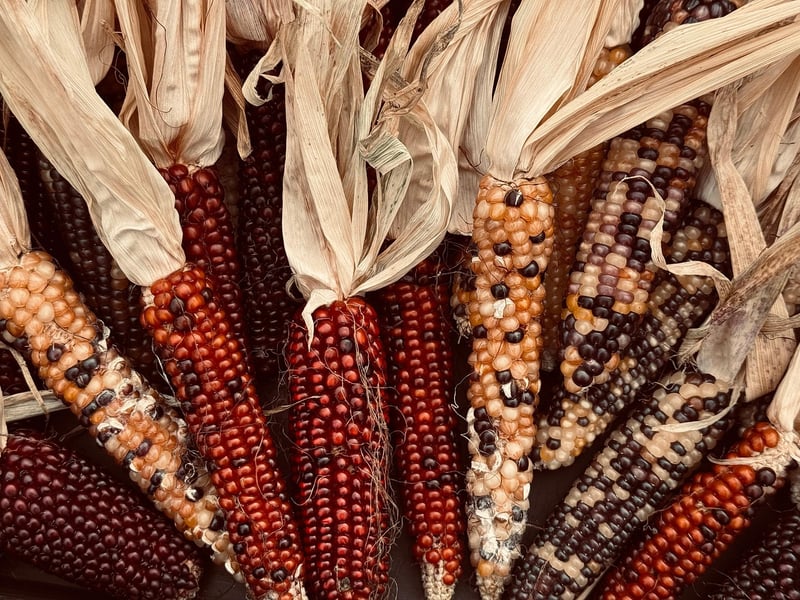Organic Practices
#Community
#Sharing
#Organic
The Joy of Communal Gardening and Organic Practices

Communal gardening and organic practices not only benefit the environment but also bring communities together in a shared passion for sustainable living and healthy eating.
Benefits of Communal Gardening:
- Creates a sense of community and belonging
- Promotes social interaction and teamwork
- Shares knowledge and skills among participants
- Increases access to fresh, locally grown produce
- Reduces individual carbon footprints
Organic Practices in Communal Gardening:
Organic gardening focuses on growing plants in harmony with nature, without the use of synthetic chemicals or pesticides. Some key organic practices include:
- Composting to enrich the soil naturally
- Crop rotation to prevent soil depletion
- Natural pest control methods such as companion planting
- Water conservation through mulching and efficient irrigation
- Avoiding genetically modified organisms (GMOs)

Get Involved in Communal Gardening:
Interested in joining a communal garden in your area? Here are some steps to get started:
- Research local community gardens or start your own
- Attend meetings or events to connect with fellow gardeners
- Volunteer your time and expertise
- Learn about organic gardening practices
- Enjoy the fruits of your labor with the community
Remember, communal gardening is not just about growing plants; it's about nurturing relationships, fostering sustainability, and reaping the rewards of a shared harvest.
Embrace the beauty of communal gardening and organic practices today!
